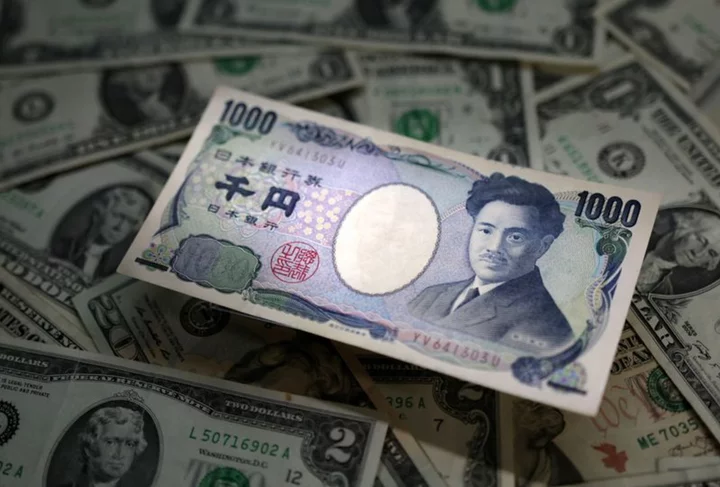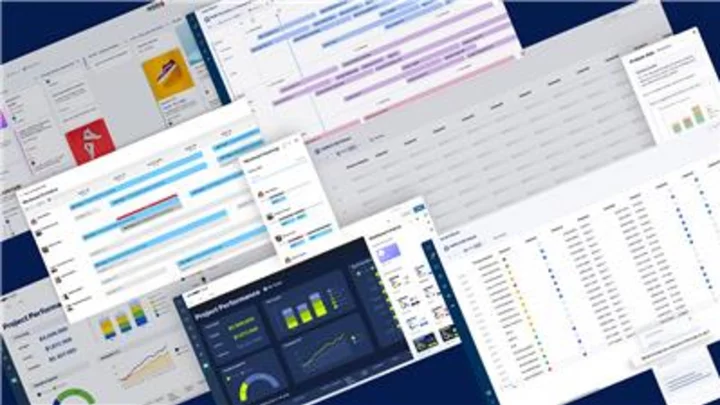By Rae Wee
SINGAPORE The yen lost ground after the Bank of Japan on Friday maintained ultra-low interest rates and its forecast that inflation will slow later this year - a dovish stance that runs counter to hawkish policies taken by peers globally.
The decision by the BOJ to keep its short-term interest rate target at -0.1% and its 10-year bond yield around 0% was widely expected.
Even so, it was enough to pressure the yen further with the Japanese currency falling about 0.3% against the dollar to 140.72. It also tumbled to a fresh 15-year low of 153.925 against the euro.
The euro was poised for its best week in months after the European Central Bank (ECB) raised borrowing costs to a 22-year high and signalled further rate hikes to come.
That and a run of soft U.S. economic data saw the dollar fall broadly as traders scaled back their bets on how high U.S. interest rates would need to rise.
The euro stood near a one-month high at $1.0937, having surged over 1% on Thursday following the rate hike and hawkish forward guidance from the ECB.
ECB President Christine Lagarde told a press conference that another rate hike in July was highly likely and that the central bank still has "ground to cover" to stave off high inflation.
"The biggest hawkish surprise was the upward revision to 2024 and especially 2025 inflation forecasts," said economists at Deutsche Bank in a note.
"Our baseline expectation is a final 25bp hike in July to a terminal rate of 3.75%. The risks remain clearly to the upside."
Sterling rose to an over one-year peak of $1.2794 in early Asia trade and last bought $1.2773, as traders similarly ramped up bets that the Bank of England is likely to raise interest rates for the 13th meeting in a row next week.
FED HAWKISHNESS CHALLENGED
The ECB's monetary policy decision came a day after the U.S. Federal Reserve left interest rates unchanged, snapping a string of 10 consecutive rate hikes. The Fed signalled that borrowing costs may still need to rise by as much as half of a percentage point by the end of this year.
But a string of data out on Thursday had markets challenging that view, as economic activity in the United States slows and inflation cools.
Production at U.S. factories almost stalled in May as manufacturing struggled under the weight of higher interest rates, while U.S. import prices similarly fell last month.
A separate report from the Labor Department showed initial claims for state unemployment benefits were unchanged at a seasonally adjusted 262,0000 for the week ended June 10, above economists' forecast for 249,000 claims.
U.S. retail sales unexpectedly rose in May, however, as consumers stepped up purchases of motor vehicles and building materials.
The greenback slipped in the wake of the data releases and tumbled to a one-month low of 102.08 against a basket of currencies on Thursday. The dollar index last stood at 102.25.
In other currencies, the Australian dollar slipped 0.17% to $0.6871, but was not far from near four-month highs of $0.6893 hit in the previous session.
The kiwi dipped 0.12% to $0.62275.
(Reporting by Rae Wee; Editing by Edwina Gibbs)









